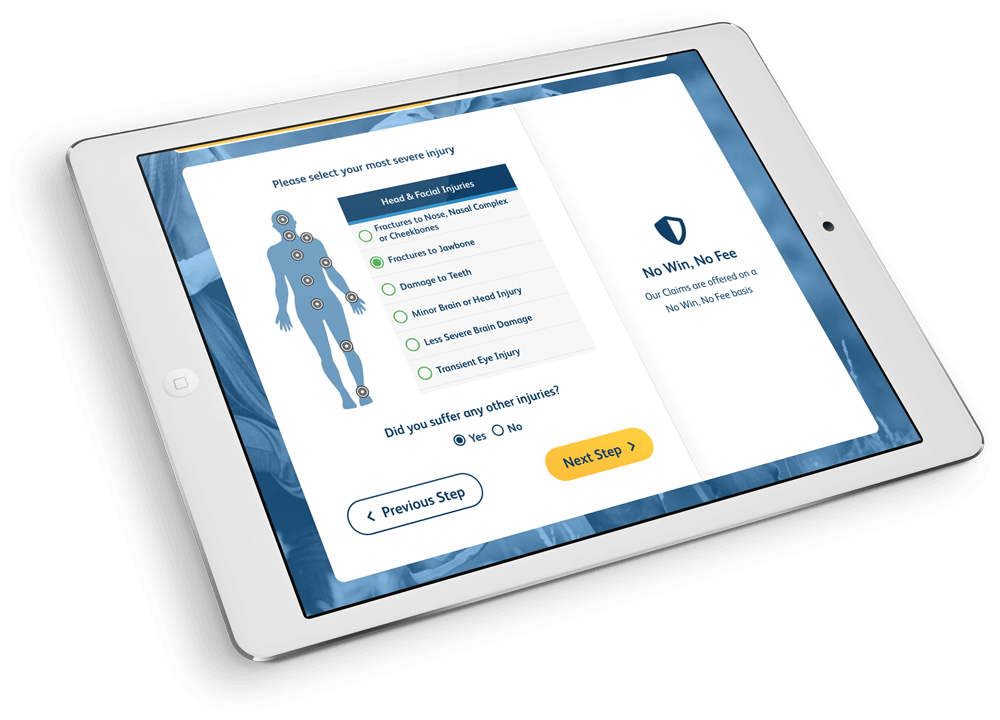Breast Cancer Awareness Month: when the signs are missed
Breast cancer is the most common cancer in the UK, and alongside bowel cancer, equates for almost half of all cancer deaths in women.
This October marks Breast Cancer Awareness Month, an initiative set up to promote awareness and support the early detection and treatment as well as palliative care of breast cancer. Within this month, almost 5,000 people will be diagnosed with breast cancer.
Thanks to earlier and faster diagnosis and advancement in treatments, breast cancer survival is improving and has doubled in the past 40 years, however the disease still accounts for 11,500 deaths in women and 85 men a year in the UK, and recent research by Breast Cancer Now has shown that almost a million women have missed vital screenings due to the ongoing COVID-19 pandemic.
Whilst the NHS and private healthcare providers are more often than not excellent in detecting breast cancer early, it is important to know the signs for yourself, and what to do if those are missed.
DIFFERENT TYPES OF BREAST CANCER AND HOW TO SPOT THEM
There are many different types and classifications of breast cancer, determined by which specific cells in the breast are affected.
The type of breast cancer can also refer to whether the cancer has spread or not. ‘In situ breast cancer’ is a cancer that starts in a milk duct and has not grown into the rest of the breast tissue, whereas ‘invasive breast cancer’ is used to describe any type of breast cancer that has spread (invaded) into the surrounding breast tissue.
- Ductal carcinoma in situ (DCIS) – Non or pre-invasive breast cancer
- Invasive breast cancer (commonly IDC) – Breast cancer has spread into the surrounding tissue. These types account for around three quarters of all breast cancers.
- Triple-negative breast cancer – An aggressive form of invasive breast cancer, wherein the cancer cells don’t have estrogen or progesterone receptors and also don’t make too much of the protein called HER2. This accounts for 10-15% of all breast cancers.
- Less common types of breast cancer – Less common forms of breast cancer include Paget disease of the breast, angiosarcoma and phyllodes tumours.
Although most people diagnosed with breast cancer are over 50, the disease does not hold an age limit, so it’s important to be looking out for the signs and symptoms in order to secure an early diagnosis, significantly improving the chance of survival. These include:
- A lump in the breast
- Thickening of the skin or tissue of the breast
- Dimpling of the skin of the breast
- A lump or swelling in either armpit
- A change in the shape or size of the breast, such as swelling in all or part of the breast
- A nipple turning in (inverted nipple)
- An eczema-like rash on the nipple
- Discharge or bleeding from the nipple
- Pain or discomfort in the breast that does not go away.
To find out more about the signs and symptoms of breast cancer, visit the below websites:
Macmillon Cancer Support
Cancer Research UK
Breast Cancer Now

BREAST CANCER AND MEDICAL NEGLIGENCE: HOW CAN THE SIGNS BE MISSED?
Unfortunately, the majority of breast cancer medical negligence occurrences happen as a result of a delay in diagnosis. Usually, if you find any symptoms that could be linked to breast cancer, your GP should refer you to see a breast consultant within two weeks, and in most cases this is adhered to. However, sometimes women can be told to keep an eye on symptoms, which delays diagnosis, or they may even be referred for tests to be told they’re all clear, only to be called back six or more weeks later to be told more tests are needed.
Routine breast cancer screening is currently on offer to women over 40, however with resource stretched to account for the coronavirus pandemic, those scans have been missed. Breast Cancer Now has reported that around 8,600 women who have missed these routine scans will now be living with undetected breast cancer.
Furthermore, research has shown that regular mammograms for women aged 35 and over were effective in detecting breast cancer when tumours were much smaller and before it had spread, giving patients a much better chance of survival. Currently, ultrasounds are used instead of mammograms for younger women due to the breast density, however there are more false detections of breast cancer with this method of detection.
Time is of the essence with diagnosis, and failings in diagnosis are devastating for those with the disease. Late or misdiagnosis can lead to unnecessary surgery, minimised treatment options and shortened life expectancy.
Medical negligence solicitor Rachel Simms, at Hampson Hughes said: “Most women will experience harmless lumps in their breasts during their lives, but it is always important to get it checked medically if you are concerned, as in the event it is cancer, getting it diagnosed early will significantly improve your chances of recovery.
“If you are unsure or unhappy with the treatment your GP has offered, seek a second opinion or request a scan. Trust your own instincts. At the end of the day it is your body and you need to ensure you have peace at mind.”
Medical negligence can occur at any time during the diagnoses, treatment and monitoring of breast cancer. If, for example, monitoring of the disease is not done appropriately or for long enough, there is a chance that the cancer could return and be missed, allowing it to spread. For those claiming for breast cancer medical negligence, the claim would often also include the psychiatric effects of having unnecessary breast surgery, when earlier diagnosis could have prevented the need for surgery.
In order to claim for medical negligence you must be able to demonstrate that:
- That the level of care has been substandard
- That you have suffered recognisable pain, injury and/or ongoing damage, or sadly resulted in the death of a loved one
- That the issues you have suffered are caused or contributed to as a result of negligence by a medical professional
If you believe you have been a victim of breast cancer medical negligence, it is vital to find the guidance and support of a qualified and trustworthy medical negligence solicitor to assist you in seeking the compensation that you may be entitled.
Here at Hampson Hughes Solicitors, we look at every circumstance surrounding your medical negligence claim. We listen, we support, and we help to make the process as easy as possible for you. Whether your concern is over whether you can claim, how a claim works, or how to pay for a medical negligence claim, the best way to find answers is to contact one of our expert solicitors for free, no-obligation advice.
With this in mind, the team at Hampson Hughes have put together a helpful medical negligence guide.
There are also organisations set up to support those affected. For a list of services and resources visit Cancer Research UK.
Hampson Hughes Solicitors have an experienced and dedicated team of legal experts who specialise in medical negligence claims. If you would like to discuss your experience with one of our team, please contact us on or , for free, no obligation advice and support.





